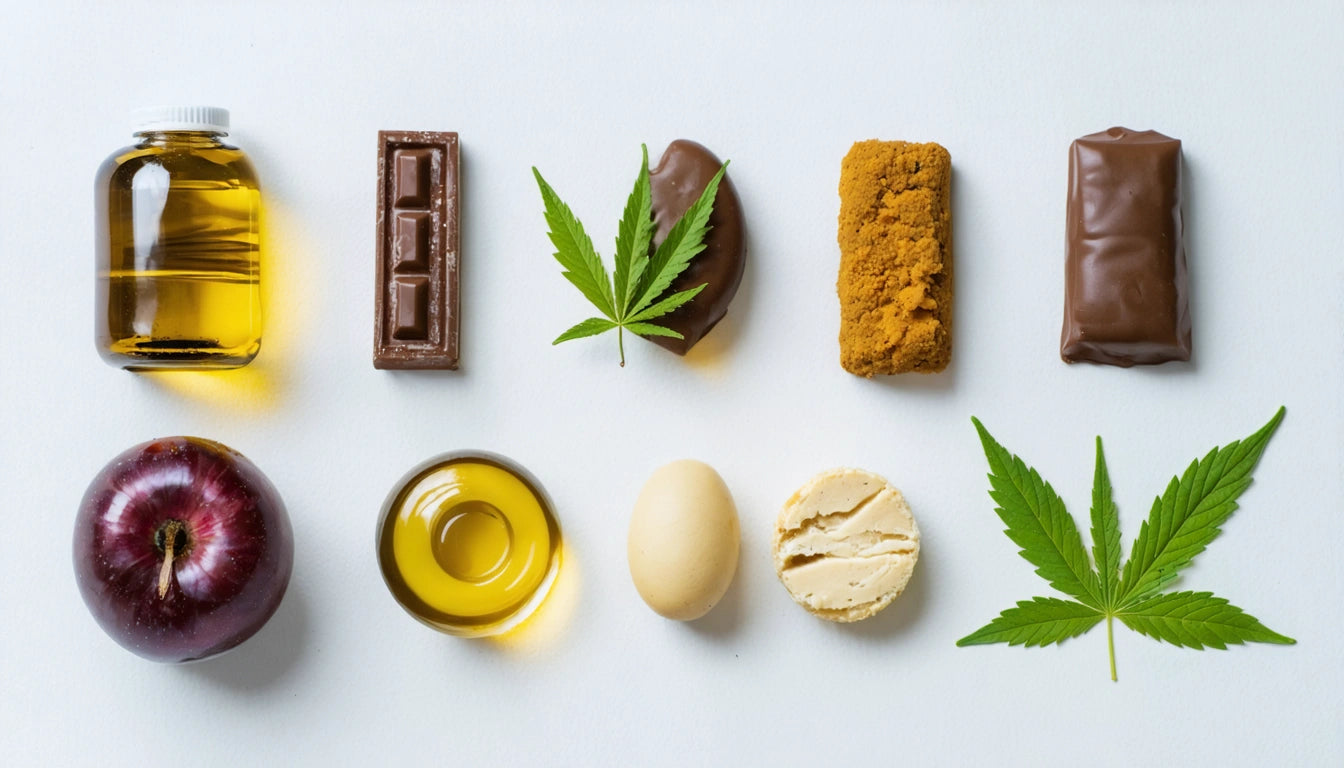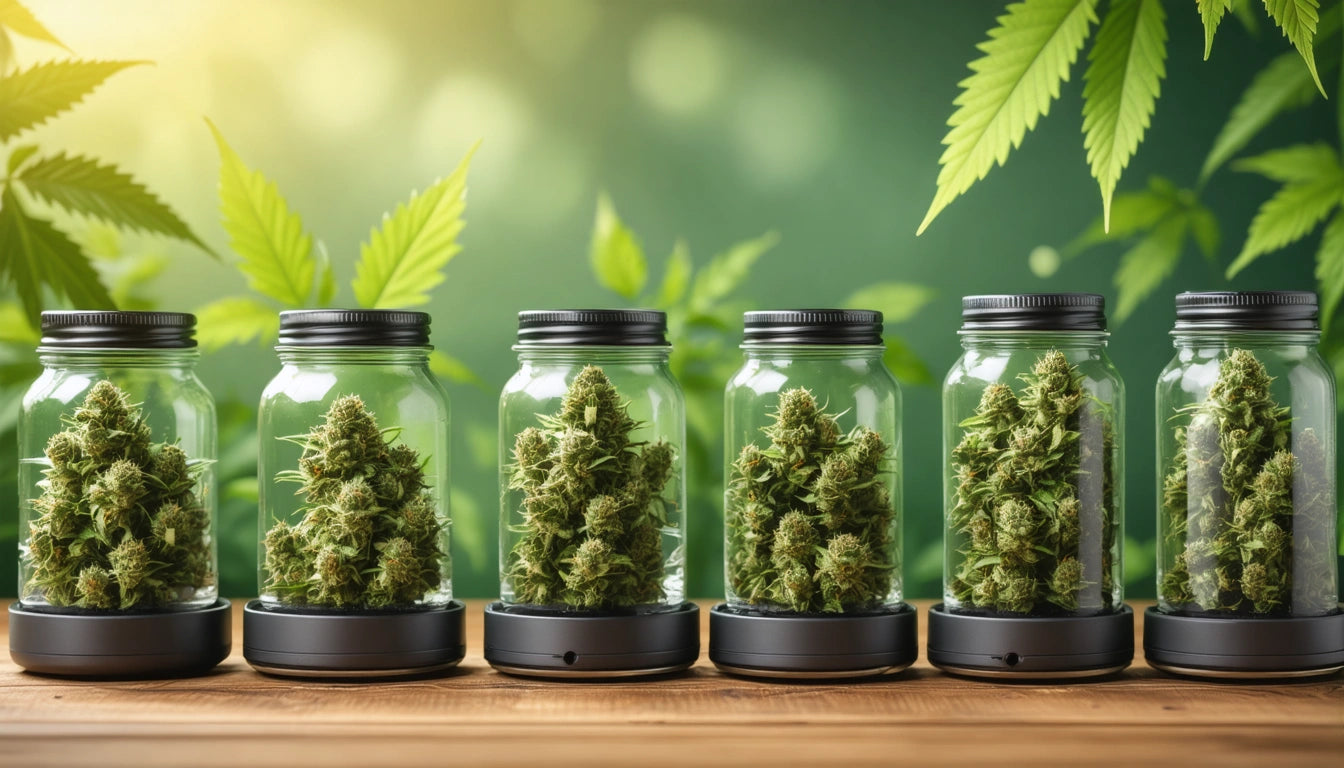Table of Contents
The Legal Status and Implications of THC Drinks Across the United States
THC-infused beverages represent one of the fastest-growing segments in the cannabis market, offering consumers an alternative to smoking or edibles. However, navigating the complex and often contradictory legal landscape surrounding these products can be challenging. From state-specific regulations to workplace policies and sports organizations' bans, understanding where and when THC drinks are legal requires careful consideration.
Understanding THC Drinks: What They Are and How They Work
THC drinks are beverages infused with tetrahydrocannabinol (THC), the primary psychoactive compound in cannabis. These products come in various forms, including seltzers, teas, sodas, and even coffee. Unlike traditional edibles, THC can drinks typically offer faster onset times due to their liquid format and specialized emulsion technologies that increase bioavailability.
Most commercially available THC drinks contain specific dosages, typically ranging from 2mg to 10mg per serving, allowing for more predictable effects compared to other consumption methods. Some products also contain CBD or other cannabinoids to create specific effects or experiences.
Federal vs. State: The Legal Contradiction of THC Drinks
At the federal level, THC remains classified as a Schedule I controlled substance, making THC drinks technically illegal nationwide. However, the 2018 Farm Bill created a significant loophole by legalizing hemp and hemp derivatives containing less than 0.3% Delta-9 THC by dry weight.
This has led to the rise of hemp-derived THC beverages that technically comply with federal law while still providing psychoactive effects. Many manufacturers have developed products containing hemp-derived Delta-8 THC or other cannabinoids that exist in a legal gray area.
For a comprehensive understanding of the complex legal framework, our guide to THC legality in the United States provides detailed information on federal and state regulations.
State-by-State Breakdown: Where Are THC Drinks Legal?
Legal States
In states with recreational cannabis legalization, THC drinks are generally legal for adults 21 and over, though specific regulations vary:
- California, Colorado, Massachusetts: Fully legal with established regulatory frameworks
- Minnesota: Legal for hemp-derived THC beverages containing up to 5mg per serving
- Pennsylvania: Medical cannabis beverages are available for registered patients, but recreational use remains prohibited
Gray Area States
Several states have unclear or evolving positions on THC drinks:
- Wisconsin: Hemp-derived Delta-8 THC drinks exist in a legal gray area, while marijuana-derived products remain illegal
- North Carolina: No explicit ban on hemp-derived THC beverages, though marijuana products remain illegal
- Virginia: Medical cannabis is legal, but recreational sales aren't yet established, creating confusion around THC beverages
Prohibited States
Some states have explicitly banned or severely restricted THC beverages:
- Georgia: Both recreational and medical THC drinks are generally prohibited, with limited exceptions for low-THC oil for registered patients
- Iowa: Strictly prohibited except for limited medical cannabis products
- Alabama: Prohibited, with very limited medical exceptions
- South Carolina: All THC beverages are illegal
- Tennessee: Prohibited, though hemp-derived products exist in a gray area
For state-specific information, our guide on navigating the legal landscape provides detailed insights for consumers in restricted states.
Workplace Policies and THC Consumption
Many consumers wonder about the implications of consuming THC drinks while employed, especially in states like Minnesota where hemp-derived products are legal. The answer is complicated and depends on several factors:
Drug Testing Considerations
Most standard drug tests cannot distinguish between hemp-derived and marijuana-derived THC, nor can they determine when consumption occurred. This creates significant challenges for employees in states where THC drinks are legal but employers maintain zero-tolerance policies.
In Minnesota specifically, while hemp-derived THC drinks are legal, employers can still prohibit use and terminate employees who test positive. There are no explicit employment protections for legal cannabis consumers in most states.
For cannabis products with extended shelf life, proper storage is essential. Humidity control products can help maintain product quality and potency when storing cannabis beverages for longer periods, ensuring consistent effects when consumed.
Why THC is Banned in Professional Sports
THC is prohibited in most professional sports organizations for several reasons:
- Performance concerns: While not performance-enhancing in the traditional sense, THC may affect coordination, reaction time, and risk assessment
- Recovery advantages: Some argue THC provides recovery benefits that could create competitive inequalities
- Legal compliance: With varying legality across jurisdictions, sports leagues maintain uniform policies
- Image and sponsorship: Many leagues maintain substance prohibitions to protect their brand image
Recent years have seen some relaxation of these policies. The NBA no longer tests for cannabis, and the NFL has significantly increased the threshold for a positive test. However, most international sporting bodies, including the World Anti-Doping Agency, maintain THC bans.
For more information on how THC compares to other substances, our comparison of THC and alcohol effects provides scientific insights into their different impacts.
The Evolving Legal Landscape of THC Beverages
The legal status of THC drinks continues to evolve rapidly across the United States. Several trends are shaping the future regulatory environment:
- More states are considering legalization or decriminalization measures
- Federal reform efforts, including the MORE Act and Cannabis Administration and Opportunity Act, could dramatically change the national landscape
- Increased research into cannabinoids is informing more nuanced regulations
- The distinction between hemp and marijuana is becoming increasingly blurred
As regulations evolve, so too will product offerings and consumer protections. The current patchwork of state laws creates significant challenges for both consumers and businesses, but also opportunities for innovation within regulatory frameworks.
Understanding the legal status of THC products across different jurisdictions will remain essential for consumers and businesses alike as this market continues to develop and expand.











Leave a comment
All comments are moderated before being published.
This site is protected by hCaptcha and the hCaptcha Privacy Policy and Terms of Service apply.